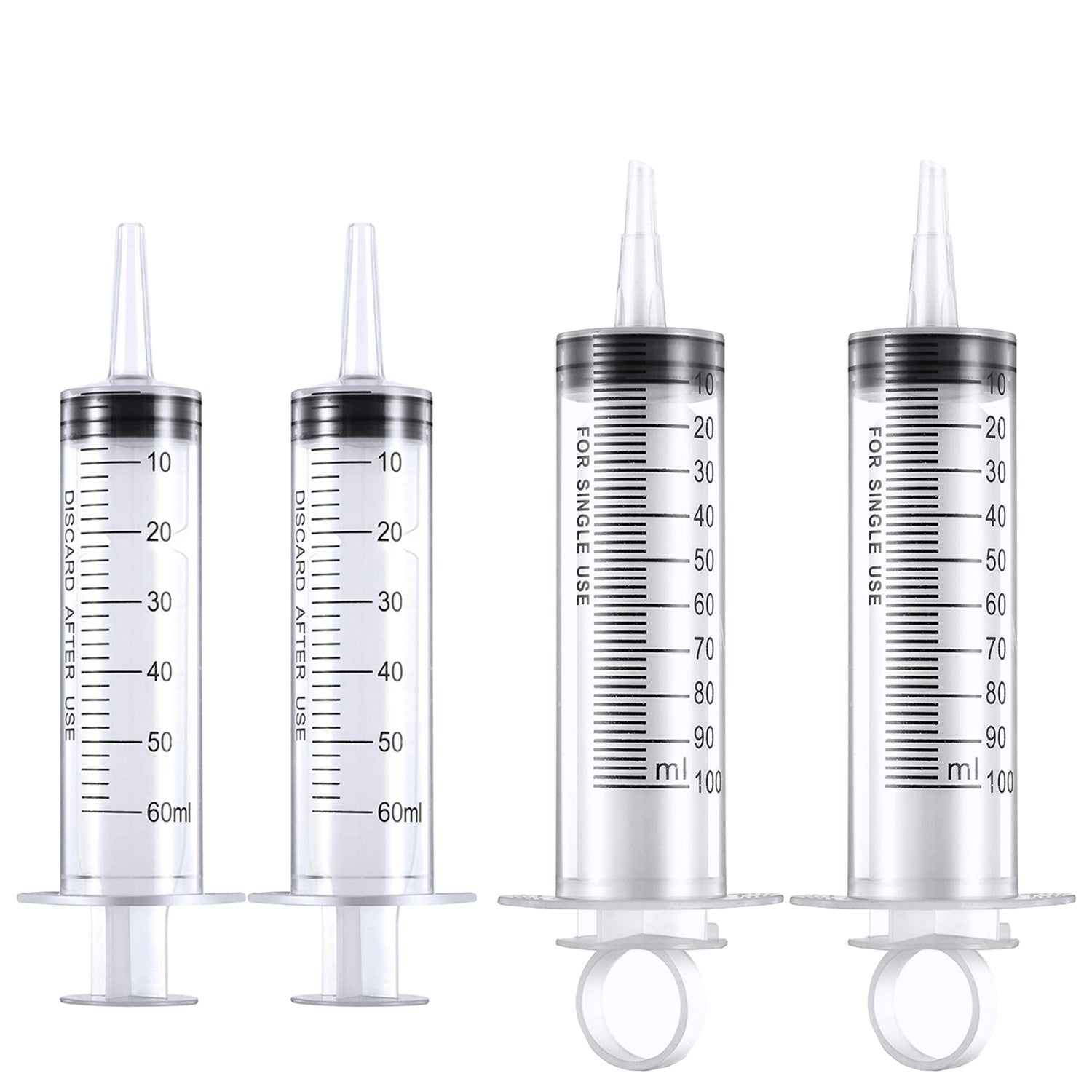When we think of syringes, we often associate them with medical procedures and injections. However, syringes are versatile tools that find applications in various industries, including manufacturing, where they are used for adhesive dispensing. In this article, we will explore the materials that make up syringes used for adhesive dispensing and their crucial role in various industrial processes.
Plastic Syringes for Adhesive Dispensing
Syringes used in adhesive dispensing are typically made from high-quality plastics designed to withstand the unique demands of this application. The choice of plastic is a critical factor, as it impacts the compatibility with various adhesives, the syringe's durability, and its ability to maintain a consistent dispensing process.
Polypropylene (PP)
Polypropylene syringes are commonly used in adhesive dispensing due to their excellent chemical resistance. Adhesives can vary widely in composition, and some may contain solvents or corrosive materials. Polypropylene is well-suited to handle these challenges, making it a preferred choice in the industry.
Polyethylene (PE)
Polyethylene syringes are also used for adhesive dispensing, especially for less aggressive adhesives. Polyethylene is known for its flexibility and compatibility with a wide range of adhesives, making it a versatile choice for applications where chemical resistance is not as critical.
Polycarbonate (PC)
Polycarbonate syringes are a popular option when transparency and visibility of the adhesive are necessary. They are known for their high clarity, which allows operators to monitor the adhesive flow accurately. Polycarbonate syringes are often used when precision is essential in adhesive dispensing processes.
Polyethylene Terephthalate (PET)
Polyethylene terephthalate is another plastic used for syringes in adhesive dispensing. It offers good chemical resistance and can handle a variety of adhesives. PET syringes are also available in different sizes and shapes to cater to specific industry needs.
Importance of Material Selection
The choice of the right plastic material is paramount in adhesive dispensing applications. Using an incompatible plastic can lead to several issues, including:
-
Material Compatibility:
Certain plastics may react with adhesives, causing contamination or degrading the adhesive's quality. Proper material selection ensures that the syringe remains chemically inert. -
Durability:
Adhesive dispensing can be a demanding process, and the syringe needs to withstand the stress of repetitive use. The selected plastic should be durable and resistant to wear and tear. -
Precision and Consistency:
To ensure accurate adhesive application, the syringe must maintain a consistent flow. The plastic's properties should support this by preventing clogs, leaks, or variations in adhesive output.
Conclusion
Syringes made from different types of plastics play a crucial role in adhesive dispensing across various industrial applications. The choice of plastic material for syringes depends on the specific needs of the process, the type of adhesive being used, and the desired outcome. It is essential to consider factors such as chemical compatibility, durability, and precision to ensure that the syringe meets the demands of adhesive dispensing in a non-medical context.
As industries continue to innovate and develop new adhesive products, the selection of the right plastic materials for syringes will remain a critical aspect of the adhesive dispensing process, contributing to the quality and efficiency of manufacturing processes.

